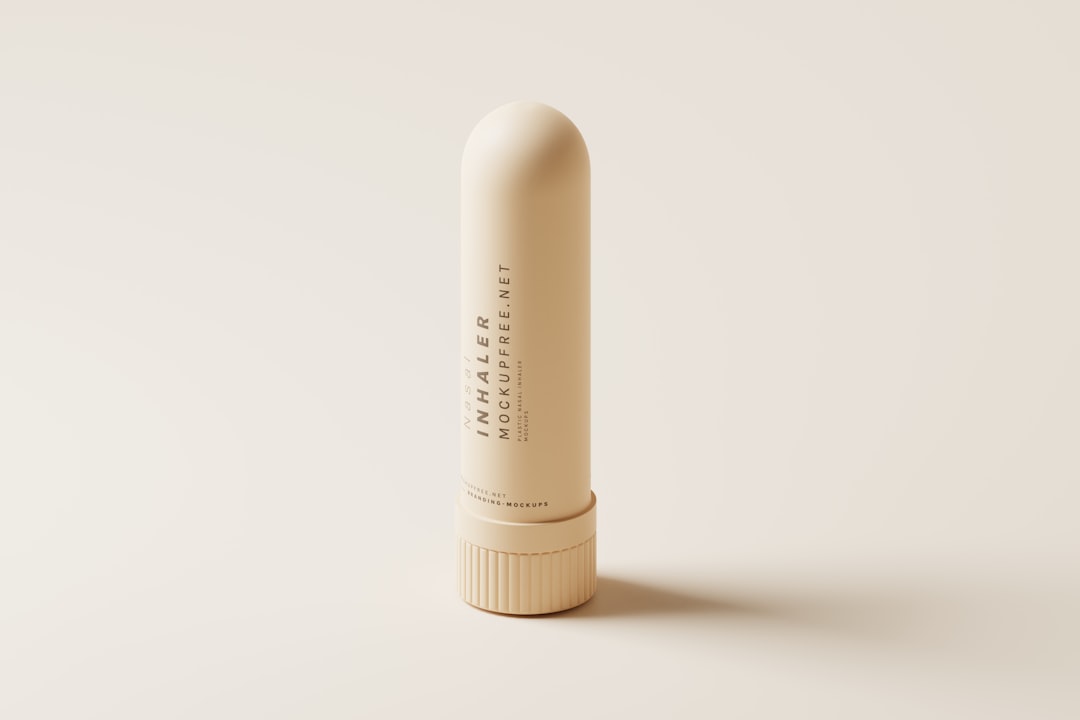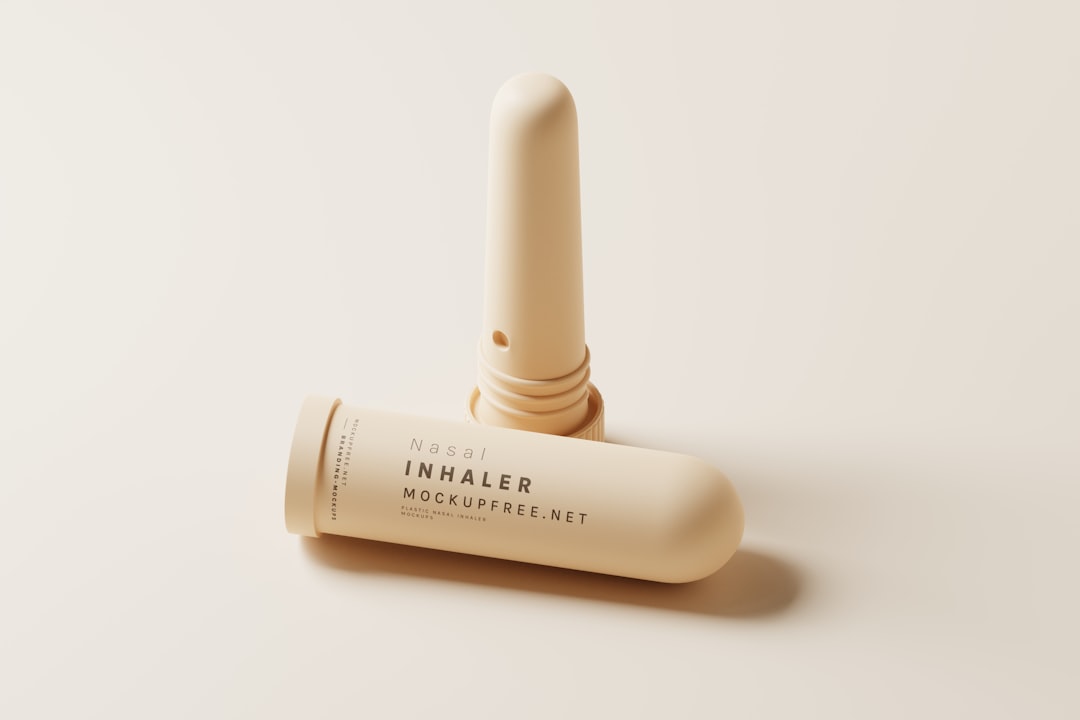From Sniffles to Shields: Allergy Spray vs. COVID
Exploring the Potential of Allergy Nasal Sprays for COVID-19 Prevention
 Overview of Azelastine Nasal Spray
Overview of Azelastine Nasal Spray
Azelastine is an over-the-counter antihistamine commonly used to treat seasonal allergic rhinitis, a condition characterized by symptoms such as sneezing and nasal congestion. It works by blocking histamines, substances in the body that cause allergy symptoms, thereby reducing nasal inflammation and providing relief. Available in a nasal spray form, azelastine delivers targeted relief directly to the nasal passages, making it an effective option for those suffering from allergy symptoms. Moreover, it can be used alongside other allergy medications to enhance effectiveness.
Current Research on Azelastine and COVID-19
Recent studies have begun to explore azelastine’s potential in reducing COVID-19 infection rates. Research published in JAMA Internal Medicine revealed that using azelastine nasal spray three times daily for eight weeks resulted in a 67% reduction in COVID-19 positivity among healthy adults under 65. This study also reported a decrease in rhinovirus infections, suggesting azelastine’s broader antiviral capabilities. However, it’s important to note that azelastine is not yet FDA-approved specifically for COVID-19 prevention, though it is approved for treating allergic rhinitis. Ongoing research continues to investigate its antiviral properties against various respiratory viruses.
Mechanisms by Which Azelastine May Impact COVID-19 Incidence
 Reduction of Nasal Inflammation
Reduction of Nasal Inflammation
Azelastine is thought to reduce nasal inflammation by calming the TRPV1 protein, which plays a role in inflammatory responses. Maintaining the integrity of the nasal mucus membrane is essential in preventing viral entry, including that of SARS-CoV-2, the virus responsible for COVID-19. By reducing inflammation, azelastine may enhance mucociliary clearance, a process that helps expel pathogens from the respiratory tract, thereby potentially lowering the risk of viral infections.
Antiviral Properties
In vitro studies have demonstrated azelastine’s antiviral activity against SARS-CoV-2. It is believed that azelastine may either bind to the virus in the nasal mucosa or interact with the ACE2 receptor, which the virus uses to enter cells. Additionally, some studies suggest that antihistamines, such as azelastine, may inhibit viral replication by modulating host immune responses.
Safety and Usage Guidelines
Recommended Usage
For those considering azelastine for potential COVID-19 prevention, it is recommended to apply the nasal spray three times daily for maximum efficacy. However, users should consult a healthcare professional before starting azelastine for this purpose, as it is vital to follow dosage instructions on the product label to avoid potential side effects.
 Side Effects and Safety Profile
Side Effects and Safety Profile
Azelastine is generally well-tolerated, with known side effects including a bitter taste and occasional nosebleeds, which are comparable to those experienced with a placebo. It is considered safe for use in individuals aged six and older. While reports of severe allergic reactions are rare, users should remain vigilant for any unusual symptoms.
Azelastine vs. Other COVID-19 Prevention Methods
Comparison with Vaccines and Masks
Azelastine should be viewed as a complementary measure rather than a replacement for COVID-19 vaccinations and good hygiene practices. While masks might be easier to adhere to than a thrice-daily nasal spray regimen, public health guidelines still emphasize vaccination as the primary method of prevention against severe COVID-19 outcomes.
Potential Role in High-Risk Settings
Azelastine could serve as an easily accessible prophylactic measure, particularly during times of high infection rates or before travel. Nonetheless, further studies are needed to confirm its efficacy in vulnerable populations, such as the elderly and immunocompromised. Its affordability makes azelastine a viable option for widespread use as an adjunct preventive strategy.
 Implications for Emergency Care
Implications for Emergency Care
Integration with Emergency Services
Prompt medical consultation is essential when considering new preventive measures against COVID-19, aligning with emergency care protocols. El Paso Emergency Room offers expert consultations to discuss the potential benefits of integrating azelastine into personal COVID-19 prevention strategies. Emergency services can provide guidance on using azelastine in conjunction with other treatments for respiratory infections.
Summary and Exploration of Allergy Spray Benefits
Summary of Findings
Azelastine nasal spray shows promise in reducing COVID-19 infection rates through its anti-inflammatory and antiviral properties [1]. Individuals should consider azelastine as part of a broader COVID-19 prevention plan, including vaccination and masking. Emerging research continues to investigate the potential of azelastine for various viral infections beyond allergies.
Explore Further
For further guidance on integrating azelastine into your COVID-19 prevention strategy, explore the services offered by El Paso Emergency Room. Visit El Paso Emergency Room for more details on emergency care options and consultations with healthcare professionals.


